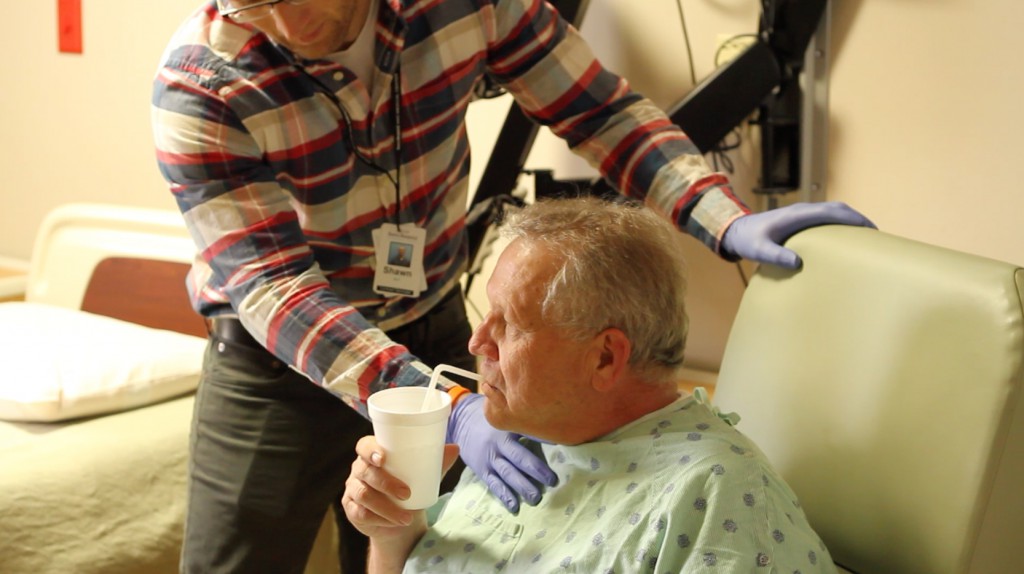
Speech therapy is a type of treatment meant to help those who have trouble communicating and speaking. Both children and adults can go to speech therapists for treatment for all sorts of different speech issues, from stuttering to articulation to auditory processing issues to speech disorders from injury, illness, or childhood development, and more.
Many people think of speech therapy as something for kids, however, anyone who has trouble speaking may benefit from speech therapy regardless of their age. While anyone can go to speech therapy, pediatric speech therapy and adult speech therapy vary in their tactics and techniques.
Here, we’ll go over some of the key differences between pediatric speech therapy and adult speech therapy so that you can better understand how speech therapy changes as you get older. Let’s get into it!
#1. Speech Therapy Goals Vary
Pediatric speech therapy and adult speech therapy can vary as the reasons why children and adults go to therapy differ. This is because children usually receive treatment while they are still growing and developing, but adults are fully grown. Adults usually go to speech therapy if they didn’t receive it as a child, if an illness or injury impacted their speech, or if it became necessary due to aging.
Pediatric speech therapy helps kids who are still learning how to communicate and speak, while adult speech therapy helps adults improve or maintain existing communication skills.
#2. Knowing Why They Need Sessions

Children may not know why they’re going to speech therapy, depending on their age. Pediatric speech therapy typically involves play and may feel like additional schooling. Parents and caregivers may be involved in the child’s therapy sessions and the speech therapy gives them exercises and behaviors to focus on at home to help the child progress. Children may not be motivated to practice their skills without help.
Older kids may understand the purpose of their speech therapy sessions, especially if they’ve had their speech/communication issues pointed out to them. This is like adult speech therapy, as adults realize their diagnosis, why they’re there, and are dedicated to achieving their goals. Adults can independently take themselves to sessions and hold themselves accountable for practicing.
#3. Causes Of Speech Problems
When parents consider pediatric speech therapy, it’s typically because their children are struggling with developmental delays in learning how to talk and communicate. Adults, on the other hand, usually go to speech therapy if their speech has been impacted by an injury or illness, such as a stroke, traumatic brain injury, or degenerative disease.
Of course, both pediatric speech therapy and adult speech therapy can help with a whole host of speech-related problems, from developmental delays to disorders. Many adults go to speech therapy to try to neutralize an accent, improve their speech clarity, think of/pronounce words better, speech volume, and more.

While many speech problems begin in childhood, hence how many think of pediatric speech therapy as the only speech therapy, these problems left untreated can extend into adulthood. Adults can also suffer from issues like disorders that emerge over time.
#4. Duration Of Therapy
Pediatric speech therapy and adult speech therapy can vary in how long the person is in therapy for. The duration of therapy for people of all ages depends on the severity of the issue and how dedicated the person is to working on it. Speech therapy for kids tends to last for a few months, but can last several years.
Speech therapy for adults very much depends on the problem the person is struggling with and how they respond to treatment. Motivation plays a significant role in how long both kids and adults are in therapy for. Adults are generally more motivated to take an active role in their treatment while kids typically require support and encouragement.
#5. Types Of Treatment
We touched on this before, but this is one of the most significant differences between pediatric speech therapy and adult speech therapy. Pediatric speech therapy generally involves play-based activities with lots of visual aids and parental involvement. Adult speech therapy, on the other hand, utilizes more complex tasks and strategies.
Do You Need Speech Therapy?
Both children and adults can benefit from speech therapy. The effectiveness of the treatment depends on how dedicated the person and applicable caretakers are to working on it.
Wasatch Peak Physical Therapy provides speech therapy services throughout Northern Utah. Contact us today to learn more about how our speech therapists can help you or your children.





